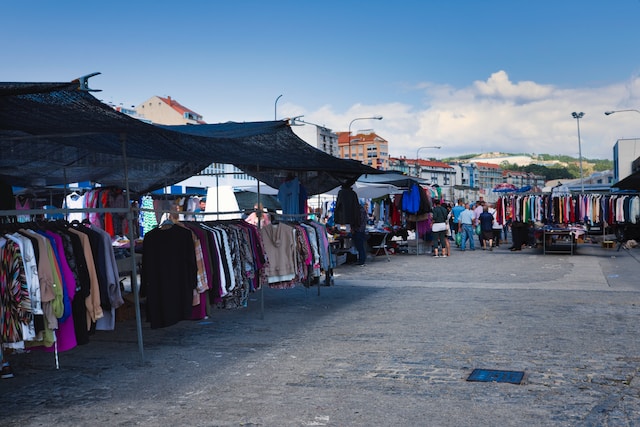Is it Legal to Sell Replica Products in South Africa?
In South Africa, selling replica products is considered illegal under the Counterfeit Goods Act of 1997. This act states that any person who is found to be in possession, manufacturing, or selling goods that are imitations of any brand or product without the consent of the copyright owner, is committing an illegal act. Popular brands like Rolex and Gucci are often victims of counterfeiting and replication.
What are the Laws and Penalties for Selling Counterfeit Goods in South Africa?
As per the Counterfeit Goods Act of 1997, individuals or businesses involved in the production, distribution, or sale of counterfeit goods in South Africa can face serious penalties. These include:
- Fines of up to R5,000 per item
- Imprisonment for up to three years for first-time offenders
- Imprisonment for up to five years for repeat offenders
These penalties can increase significantly if the counterfeit goods are found to be harmful to consumers or the economy.
What are the Specific Regulations for Selling Replica Products in South Africa?
In South Africa, specific regulations govern the sale of replica products. According to the Consumer Protection Act, all products must be correctly labeled, and the source of the product must be accurately represented. For example, it’s illegal to label a replica Rolex watch as an authentic product. The National Consumer Commission oversees these regulations and has the power to enforce penalties on businesses that breach these rules.
How Big is the Replica Watch Market in South Africa?
The replica watch market in South Africa is considerable, largely driven by the high prices of authentic luxury watches. While precise figures are hard to come by, industry experts estimate that the market for counterfeit watches could be worth millions of rand each year. Replica watches from brands like Rolex and Gucci are particularly popular.
Where Can You Buy Replica Goods in South Africa?
Despite the legal risks, replica goods are widely available in South Africa. They are typically sold in markets, online platforms, and even some retail stores. However, buying such products is also illegal under South African law, and consumers can face penalties for purchasing counterfeit goods. It’s crucial to ensure that any product you buy is authentic and comes from a reputable source.
Which Government Laws and Resources can Help Understand Counterfeit Goods Laws in South Africa?
There are several government laws and resources that can help individuals and businesses understand the laws surrounding counterfeit goods in South Africa. These include:
- The Counterfeit Goods Act of 1997
- The Consumer Protection Act
- The Intellectual Property Laws Amendment Act
- The National Consumer Commission website
These resources provide comprehensive information on the regulations and penalties related to counterfeit goods. In addition, many legal firms in South Africa specialize in intellectual property law and can provide expert advice on this topic.
While it's clear that all the legal repercussions are on the seller, the buyer should make sure to find a trusted dealer, since there is a lot of scam in the replica industry. If you are in the market for Replica Rolex watches, make sure you choose a trusted and reputable vendor.
